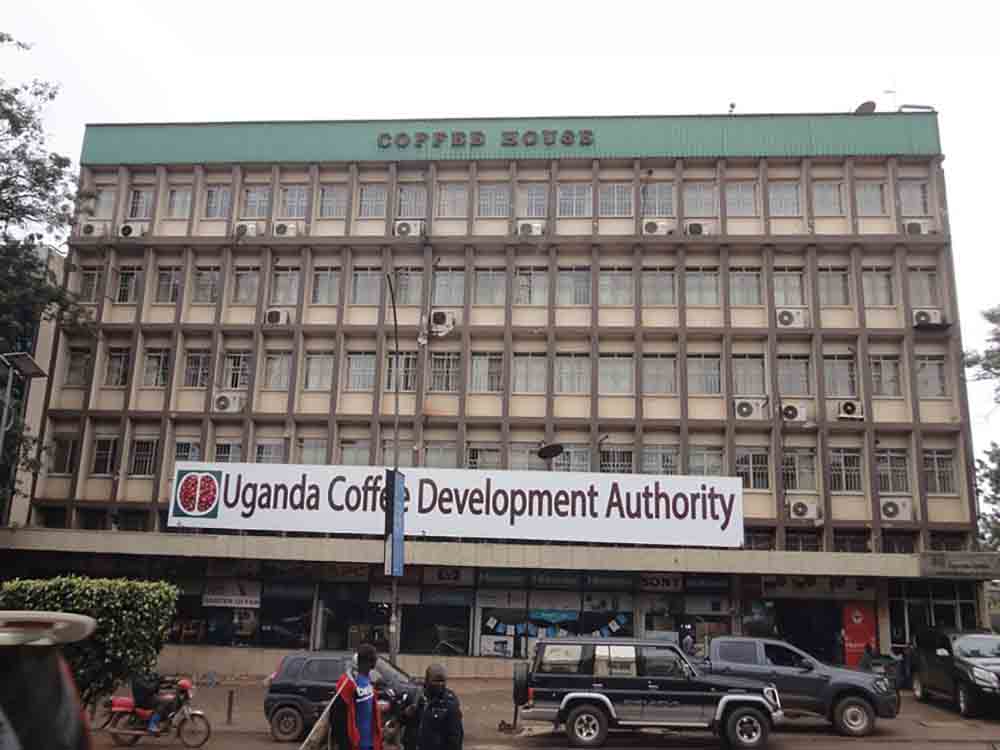(Kampala) – Following the recent passage of the Coffee Amendment Bill 2024 by Uganda’s Parliament, which led to the dissolution of the Uganda Coffee Development Authority (UCDA), the future of the country’s coffee industry is now surrounded by questions and concerns. The government has made efforts to clarify the situation, but the implications of this move have yet to settle, with fears of potential monopoly control growing among some sections of the public.
The Coffee Amendment Bill, which was passed with the intention of streamlining the country’s coffee industry, has led to the dissolution of the UCDA, an institution that has long overseen the regulation, development, and promotion of Uganda’s coffee sector. This decision has sparked a wave of uncertainty regarding the future structure of the industry, with many wondering how coffee production and export activities will be managed moving forward.
One of the main sources of concern is the potential dominance of Uganda Vinci Coffee Company Limited, which some fear could gain a monopoly over the entire coffee value addition chain in Uganda. This includes control over the processing, marketing, and export of coffee. The company has become a focal point of these discussions due to its growing presence in the Ugandan coffee sector.
Despite the growing concerns, the Ugandan government has been quick to dispel any fears of a monopoly. Government officials have emphasized that the dissolution of the UCDA does not automatically lead to the consolidation of control in the hands of one company. According to the government, the aim of the Coffee Amendment Bill is to open up the sector, create competition, and increase efficiency by reducing bureaucracy.
However, critics of the dissolution argue that without a strong regulatory body like the UCDA, Uganda’s coffee sector could face significant challenges. They argue that the absence of a governing authority could allow a few large players, such as Uganda Vinci Coffee Company, to dominate the sector, potentially undermining the interests of smallholder farmers and other stakeholders.
The debate centers on the role of the UCDA and whether its dissolution will lead to positive or negative outcomes for the industry. While proponents of the Bill believe that the move will encourage greater efficiency and investment, others are concerned that it could lead to exploitation and a lack of fair competition in the coffee market.
Additionally, there are concerns about the lack of clarity surrounding the future regulation of the coffee sector. The UCDA had been responsible for setting standards, providing training, and supporting farmers in the production and export of coffee. With its closure, questions remain about who will oversee these important functions, and how they will be carried out to ensure that Uganda’s coffee industry remains competitive on the global stage.




















